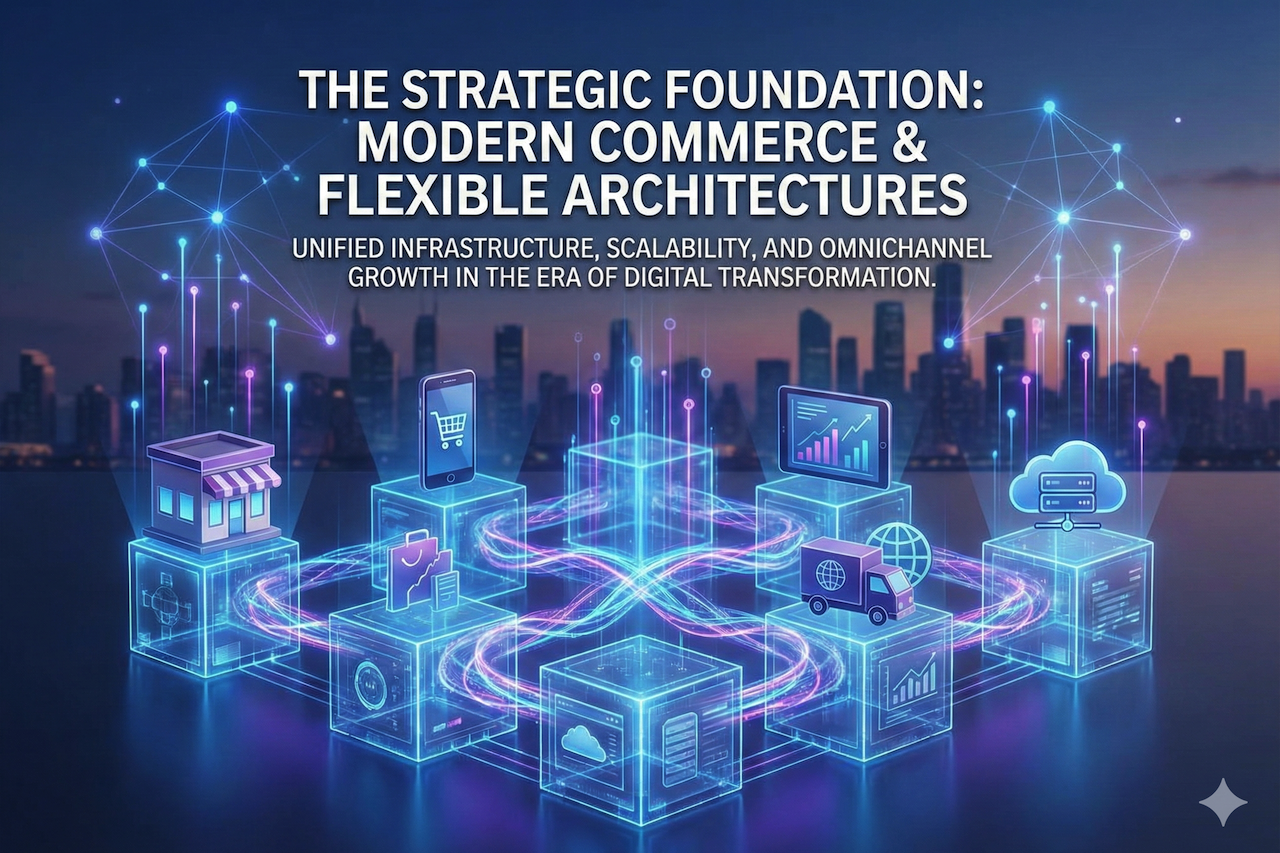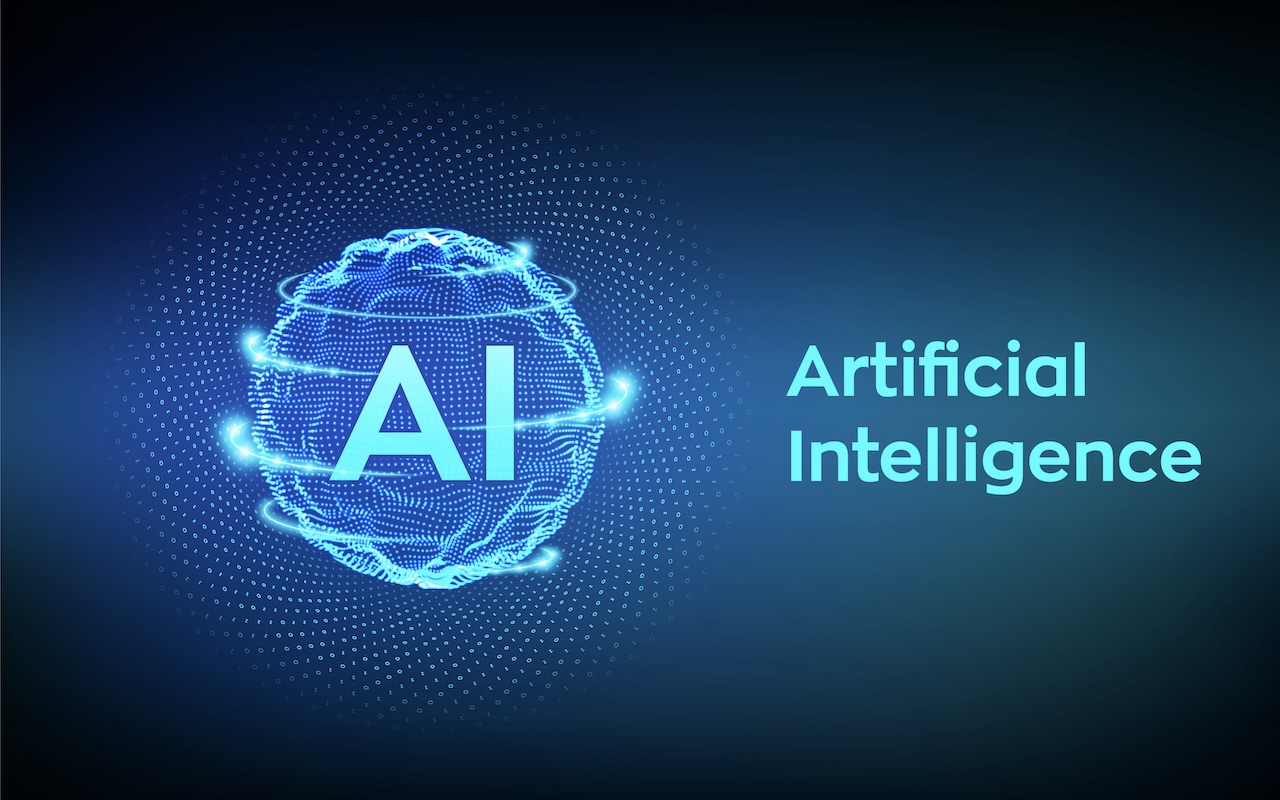
Artificial intelligence has moved far beyond being a futuristic concept. By 2025, it is shaping how businesses operate, innovate, and compete in every sector. From conversational tools to decision-making systems, the pace of AI innovation is accelerating. For tech leaders, keeping up with these changes is not just about staying relevant but about gaining a competitive advantage.
This article explores the top AI trends that will redefine technology strategies in 2025, along with practical insights into how organizations can prepare for them.
1. AI Chatbot Solutions Becoming Enterprise Staples
AI-driven chatbots are no longer simple FAQ tools. By 2025, they are expected to act as digital concierges for businesses, offering personalized support, generating leads, and even closing sales. Modern AI chatbot solutions can integrate with customer relationship management systems, analyze user sentiment, and provide real-time assistance.
For enterprises, this means reducing customer service costs while increasing satisfaction rates. Law firms, healthcare providers, and eCommerce platforms are already proving how impactful chatbots can be in complex client interactions.
Why it matters: Organizations that adopt intelligent chatbots early can streamline support operations while maintaining a human-like interaction standard.
2. The Rise of AI Consulting Services for Digital Transformation
As AI adoption expands, many organizations lack in-house expertise to build and manage advanced systems. This is fueling demand for AI consulting services. These services help businesses identify the right tools, design implementation strategies, and ensure integration with existing systems.
Consultants also provide guidance on compliance, ethical considerations, and scaling. This makes them indispensable partners for enterprises that want to move quickly without unnecessary risks.
Key takeaway: Investing in consulting support can prevent costly mistakes and accelerate the return on AI investments.
3. AI Solutions Development for Industry-Specific Needs
Generic software no longer meets the expectations of modern enterprises. In 2025, companies are turning to AI solutions development that is tailored to their unique industry challenges.
For instance:
- Healthcare organizations rely on predictive analytics to improve patient outcomes.
- Manufacturers leverage AI-driven monitoring to reduce downtime.
- Retailers use personalized recommendation engines to drive sales.
By creating sector-specific solutions, businesses can align AI systems with their strategic goals, rather than adapting to one-size-fits-all tools.
Example: A logistics provider implementing AI-driven demand forecasting is better equipped to manage global supply chain disruptions.
4. NLP Development Enhancing Human-Machine Communication
Natural language processing has become a cornerstone of digital innovation. In 2025, NLP development is expected to reach new heights, making interactions between humans and machines more fluid and intuitive.
Businesses are using NLP to:
- Power advanced voice assistants.
- Improve multilingual support for global users.
- Conduct sentiment analysis on customer interactions.
For customer-centric industries, this trend is critical. Whether in financial services, travel, or education, NLP is ensuring machines understand not only what is being said but also the context and emotion behind it.
5. Custom LLM Development for Specialized Knowledge
Large Language Models are at the heart of AI-driven applications, but not all models serve the same purpose. Organizations are increasingly investing in custom LLM development to create systems trained on their proprietary data.
For example:
- A legal firm may design an LLM that specializes in contract analysis.
- A medical institution might create one trained on clinical data for diagnostics.
- A retailer could design a model optimized for personalized shopping experiences.
By building custom models, businesses gain control over accuracy, compliance, and privacy while tailoring systems to their niche requirements.
6. AI Agents Driving Autonomy in Operations
Another significant trend is the adoption of autonomous agents. Businesses are exploring the potential of AI agents to perform tasks such as supplier negotiations, employee onboarding, and dynamic pricing.
However, the adoption of these systems comes with financial considerations. Tech leaders increasingly ask about AI agent development cost, as building and deploying these systems requires specialized expertise. While the upfront investment can be high, the long-term savings in efficiency and accuracy are substantial.
Industry spotlight: In eCommerce, AI agents can manage customer interactions from first contact to order fulfillment, freeing human employees to focus on strategy.
7. Ethical AI and Governance Frameworks
As AI becomes central to decision-making, questions of bias, transparency, and accountability are gaining prominence. Governments are introducing regulations, and companies are expected to implement internal governance frameworks.
In 2025, responsible AI will not be optional. Organizations that fail to prioritize ethical practices risk reputational harm and regulatory penalties.
Best practice: Establish clear guidelines, regular audits, and cross-disciplinary teams to ensure fairness in AI systems.
8. Cross-Industry Applications Expanding AI Impact
Beyond traditional tech sectors, AI is transforming industries such as manufacturing, agriculture, healthcare, and logistics. From predictive maintenance in factories to crop monitoring in farms, AI’s reach is widening.
For leaders, the lesson is clear: adopting AI is not just about automating existing processes but about reimagining operations entirely.
Preparing for the AI-Driven Future
Tech leaders should not wait for trends to fully mature before acting. Instead, they should:
- Assess their organization’s readiness for AI adoption.
- Partner with trusted providers such as specialized AI development companies.
- Prioritize employee training to ensure smooth adoption of new systems.
- Build long-term strategies that include continuous evaluation and scaling of AI systems.
Conclusion
The AI landscape in 2025 is both exciting and complex. From AI chatbot solutions to LLM development and intelligent agents, the opportunities for transformation are vast. At the same time, leaders must remain vigilant about ethical challenges and costs associated with new technology.
By keeping a close eye on these trends and engaging with the right AI solutions development partners, tech leaders can position their organizations not just to keep pace with change but to lead in the era of AI-powered innovation.
Featured Image by Pixabay.
Share this post
Leave a comment
All comments are moderated. Spammy and bot submitted comments are deleted. Please submit the comments that are helpful to others, and we'll approve your comments. A comment that includes outbound link will only be approved if the content is relevant to the topic, and has some value to our readers.



Comments (0)
No comment